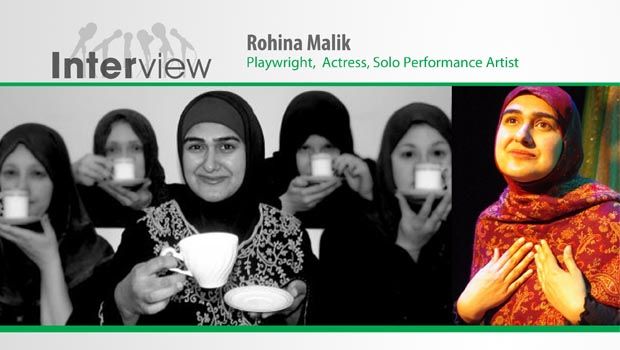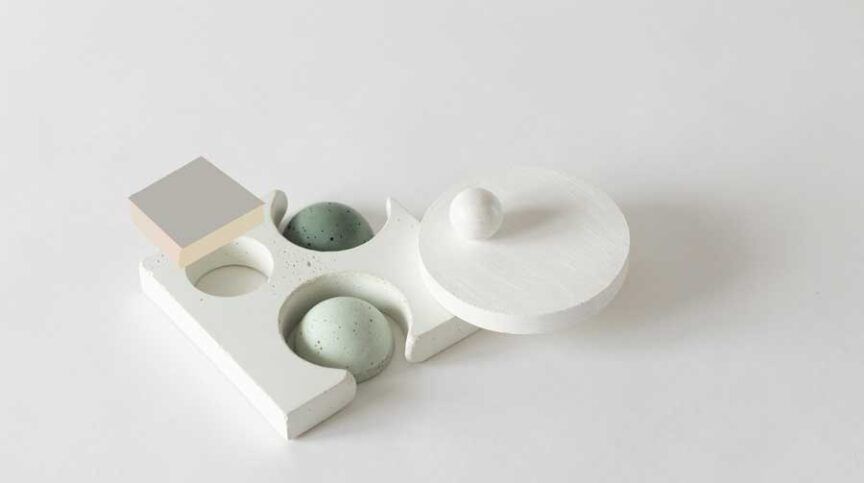Question
What event or person inspired you to go into this field of theatre and drama in the first place? Go back to the very first time you had felt this interest and describe your experience.
Answer
If you have a dream, you have to work hard for it
I was born and raised in London, England. I attended a school called Brentford School for Girls, and that’s where I first discovered my love for theatre.
Question
After acknowledging your interest in this type of art, describe the steps you took to pursue this goal?
Answer
When I was 15 I moved to Chicago. My high school had a strong theatre department and that’s where I was first exposed to solo performance. It was also in high school that I wrote my first play. I remember sending my play to NYC for the Young Playwrights competition, and my play made the top 29 out of 1500 plays.
Question
Did you have any major or discouraging setbacks in trying to follow this dream and if so, describe them.
Answer
I wanted to study theatre in college, but my biggest obstacle was myself. I often wondered if there was a place for a Muslim woman who wears the hijab in the American theatre. I also felt pressure from my culture, that theatre was not appropriate for Muslim girls.
So I gave up my dream and majored in something else. After getting married, having children and feeling a deep void, I would find my way back to the theatre.
Question
Did you have any resistance or skepticism from your family for taking this route as it is not considered to be the standard career paths that Muslims are expected to take?
Answer
I felt pressure from my culture, friends, and family that theatre was not appropriate for a Muslim girl. Hence, why I hesitated initially in pursuing this pathway and continued my studies in other subjects instead.
Question
Did you have any one person or belief that helped you to continue to strive in this path towards developing this career?
Answer
At the end of the day, you have to believe in yourself. Nobody can make you happy; it has to come from within. In my early thirties I realized something important was missing from my life, and after deep reflection I realized that I needed to create theatre. Life is short, and I just had to jump back into it. So I wrote Unveiled. Now, I feel like I’m doing what I was meant to do with my life.
Question
How does the audience receive you after your performances? It would be good to know both reactions, those who received you well and those who were your critics?
Answer
Theatre is art and art is subjective. One man said my play was propaganda and not art. Another woman was so angry she got up and walked out of the theatre. However, I did not mind at all. To me, the exciting thing about making art is seeing the different ways people respond to it. There is something powerful about experiencing live theatre with other people at the same time. Theatre is powerful because it can create a collective consciousness. I will never forget this young man who cried after seeing Unveiled. He asked to speak to me and told me he was from a small town. He told me he hated Muslims and thought women wore the hijab to celebrate 9/11. I will never forget the tears streaming down his face as he looked at me and said, “I’m sorry.” It was one of the most powerful moments in my life, and that’s why art is powerful. It can create dialogue, it can create understanding, and most importantly, it can heal.
Question
Did you ever doubt the choice you were making in pursuing this goal of theatre and drama combined with combating Islamophobia?
Answer
I write about the issues that concern me as a human being. Unveiled dealt with Islamophobia but my other play, The Mecca Tales, deals with something else. My plays touch upon many issues that concern me.
Question
How was the experience of your very first performance? What performance was it and was it daunting or a natural experience? Were you afraid of the response you might receive?
Answer
My first performance of Unveiled was scary, but it was also exhilarating. When I heard the audience laugh at the funny lines, I relaxed. Humor helps the audience to relax and have a break from the tension. Unveiled is a serious play, but audiences are always surprised by how funny it is.
Question
What are your future aspirations after the success of Unveiled?
Answer
I want to create an organization that focuses on Muslim artists of all disciplines and supports them so that they can share their talent with the community.
Question
How has this career of yours as well as the current success of it affected your family?
Answer
Finding time to write when you have children is difficult, and writers who are parents know how precious writing time actually is. I try to write late at night when the kids are sleeping. The thing is, once something is important to you, you will find the time to do it. It’s been good for my children to see what I’m doing, and I bring my two older kids to my staged readings and productions. I think it’s important for them to see their mother achieving her dreams.
Question
Please share anything else such as a specific experience or a word of advice to those aspiring to a similar path as yours, particularly as it pertains to Muslims?
Answer
Don’t expect anything to be handed to you. If you have a dream, you have to work hard for it. It’s a tough industry and it requires thick skin. But, if you stay positive, believe in yourself, and trust God, you will find your way.





